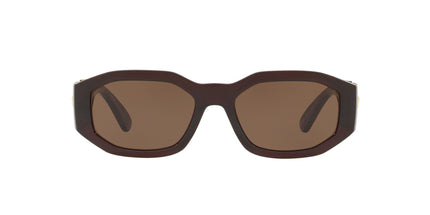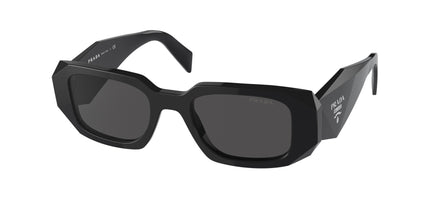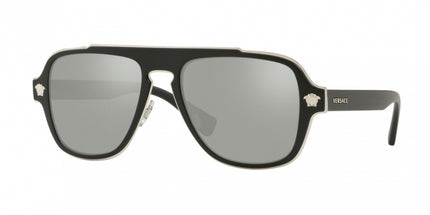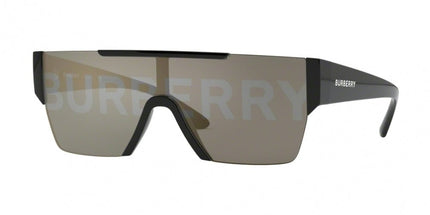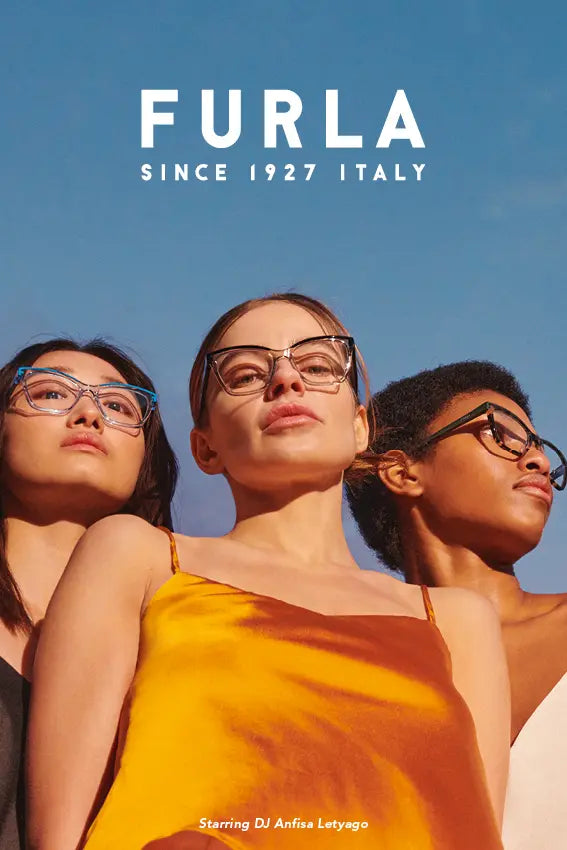University of Houston study shows blue light glasses at night increase melatonin by 58%

As technology permeates all aspects of our lives, we have to spend more time staring at screens. From employees in the office to gamers, our modern life is tied to screens and mobile devices. In the United States, an adult person spends 44 years of their life staring at screens. In the UK, this figure for adults is 34 years.
As a way to protect the eyes, many people tend to buy blue light glasses. However, there are many contradictory claims about these kinds of glasses, and some researchers believe they have little effect on reducing blue light and protecting eyes in different lighting conditions.
The American Academy of Ophthalmology says there's no evidence to prove blue light glasses actually work. "Everyone is very concerned that [blue light] may be causing damage to the eye, and it's a valid concern, but there's no evidence it may be causing any irreversible damage." Dr. Rahul Khurana, the clinical spokesman for the American Academy of Ophthalmologists, noted.
The sellers of blue-light-blocking glasses emphasize their effect on the sleep cycle and reduce eye fatigue. However, the American Academy of Ophthalmology says the way we use our digital devices may cause digital eye strain, not necessarily blue light emitted from the screens. Regarding the effect of blue light on the body's circadian rhythm and sleep cycle, the AAO suggests that we should stop using digital devices two or three hours before sleep.
To date, a lot of research has been done to prove the effectiveness of blue light filter glasses. However, most of them agree that these glasses do not have the claimed effect. A group of researchers analyzed 5,000 eyes after adding blue-light filters to synthetic lenses after cataract surgery. Researchers say they found no evidence that the filters were beneficial.
Surprisingly, the sunlight is the greatest source of blue light, and outdoor activities expose you to more blue light than when you stare at your monitors. Most sunglasses sold in the market have UV 400 filters. Blue light blocking is another kind of filter that can be added to the glasses.
The amount of blue light that comes from digital devices is not too much to cause serious problems for health. Also, some researchers claim that blue light has some benefits for health, including boosting alertness, helping memory and cognitive function, and regulating circadian rhythm.
"I'm not aware of any studies that prove conclusively that it works, but any kind of tint in glasses can sometimes make patients more comfortable," says Dr. John Jarstad, an associate professor in ophthalmology and eye surgery at MU.
One of the main reasons that lead people to buy blue light filter glasses is that they face dry eye symptoms. The dry eye problem usually occurs for people over the age of 35. However, younger people may face dry eye symptoms due to the excessive use of mobile devices and looking at screens.
Do blue light glasses actually work?
Despite most researchers' conflicting views and disagreements, some research has claimed that blue light glasses can improve the sleep cycle. According to the University of Houston, blue light glasses at night increase nighttime melatonin by 58%.
"The use of short wavelength-blocking glasses at night increased subjectively measured sleep quality and objectively measured melatonin levels and sleep duration, presumably as a result of decreased nighttime stimulation of ipRGCs." researchers claimed.
The companies producing blue-light-blocking glasses say that a 20% reduction in blue light can improve sleep and cause less eye strain. Also, some patients who have used these types of glasses have reported that they have experienced less eye strain.
The price of these glasses starts from $20 and can reach several hundred dollars for different brands. Some celebrities are using them, and others are also promoting them. There are many conflicting views about blue light glasses, and everyone evaluates them from their own point of view. Some may find them helpful, and others may think they have wasted their money.
Pandemic reinforced using blue light glasses
Despite all these discussions, the blue light eyewear market is rapidly increasing, and it's not showing any sign of slowing down. According to 360ResearchReports, the global market size of blue-light-blocking glasses will reach $28 million in 2024.
The pandemic was a turning point for the blue light eyewear industry. People were locked in their houses and had to do their work remotely through computers, and they had to deal with eye fatigue more than ever. According to a survey by Alcon, nearly 80% of Americans reported their screen time increased during the COVID-19 pandemic. Also, among those with increased screen time, nearly half (45%) said their eyes feel dry due to it.
"As many customers started working from home last year, we have seen a significant rise in demand for these lenses," Neil Blumenthal, a chief executive of Warby Parker, told The New York Times. "Last April, we saw a sizable increase specifically for nonprescription blue-light-filtering lenses, and we've seen this trend continue throughout the pandemic."
Investors are also more likely to invest in the blue light eyewear industry. As proof, Felix Gray could raise more than $1.7 million in funding in 2020.
To protect your eyes against digital eye strain, AAO recommends keeping a distance of 25 inches from the screen or using the "20-20-20" rule. Using artificial tears, adjusting lighting conditions in the room, and increasing screen contrast are other helpful tips to protect your eyes.








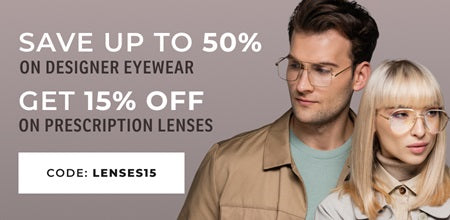




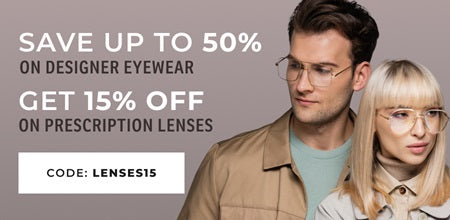

 Back to Blog Page
Back to Blog Page




